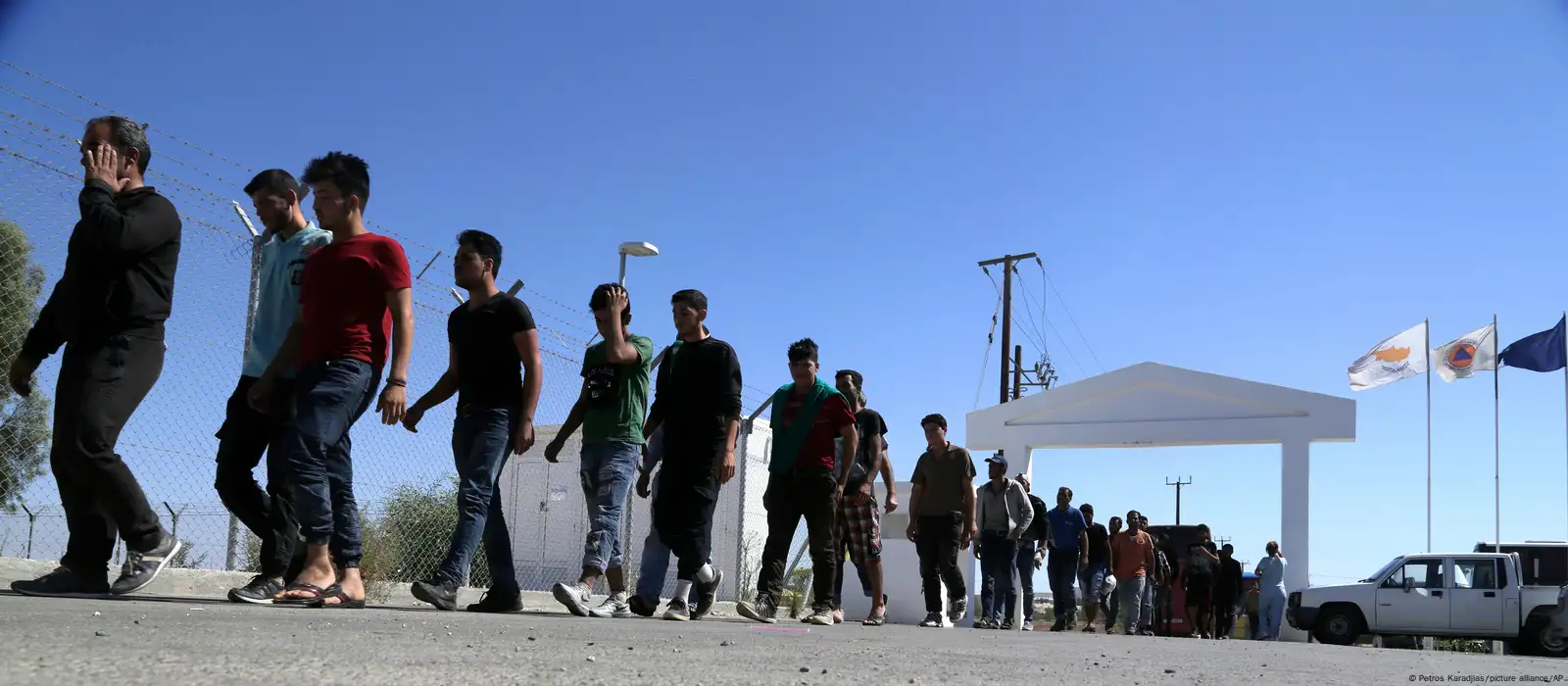
A recent article in The Telegraph casts doubt on the EU’s ability to depend on the Assad regime to resolve the ongoing Syrian refugee crisis. As Europe grapples with increasing anti-immigration sentiment and over one million Syrian refugees, discussions have emerged about normalizing relations with the regime of Bashar al-Assad. Italian Prime Minister Giorgia Meloni, alongside other European leaders, has proposed working with Assad to facilitate the safe return of refugees. However, some EU members, like Germany, alongside experts and activists warn that such an approach could lead to more harm than good.
The initial wave of international sympathy, which began nearly 14 years ago at the beginning of the Syrian revolution, has been replaced by frustration and resentment. In July, anti-immigrant riots in Turkey targeted Syrian refugees, highlighting the increasingly volatile atmosphere surrounding their presence.
Meloni has emerged as the leader of an EU faction advocating for engagement with Assad, believing that restoring relations could pave the way for the safe return of refugees. This approach breaks with the EU’s long-standing policy of the “three no’s” – no lifting of sanctions, no normalization, and no reconstruction – until Assad demonstrates progress on human rights and political reforms.
Critics, however, argue that Assad has shown no willingness to meet these demands. Human rights activists and revolutionary figures warn that returning Syrians to Assad-controlled areas without guarantees of safety is tantamount to sending them to their deaths. “Returning to areas controlled by the Assad regime is tantamount to suicide,” said Omar Al-Ashqar, a human rights activist from Idlib in the liberated regions of Syria.
The skepticism extends to liberated areas and former revolutionary strongholds like Homs, where locals fear retribution from the regime. Ghaith Al-Muhammad, a shop worker in Homs, expressed security concerns, stating, “There is no security in Syria… those who return will be exposed to the brutality and torture of the Assad regime.” These fears are underscored by the fact that despite Assad’s numerous amnesty decrees, thousands remain imprisoned for political reasons.
Assad’s prisons, notorious for their brutal conditions, have been described as some of the worst in the world. Amnesty International estimates that 13,000 detainees were executed in Saydnaya military prison between 2011 and 2016 alone. With no significant improvement in the country’s security or humanitarian conditions, the proposal to normalize relations with Assad has drawn criticism.
Heiko Wimmen of the International Crisis Group in Brussels emphasized that past attempts to negotiate with Assad have yielded little. “Every time we deal with [Assad regime officials], they just take and don’t give anything in return,” he said, cautioning the EU against following the Arab League’s approach of reintegrating Assad without securing meaningful concessions.
Despite these concerns, some within the EU believe that engaging with Assad might be the only pragmatic way forward. Supporters argue that the failure to topple Assad, bolstered by Russian and Iranian support, necessitates a different approach. A resolution could weaken Russian influence over time, they claim, and prevent extremist groups like ISIS from regaining strength in the region. Others believe that helping Assad restore control over the country could eventually lead to the safe return of refugees.
However, this optimism is not widely shared. Moaz Moustafa, head of the Syrian Emergency Task Force in Washington, warned that normalizing relations with Assad would send a dangerous message. “The Assad regime and its allies in Russia and Iran continue to arbitrarily arrest, torture, and kill civilians,” Moustafa said. “Any normalization [with Assad] will send a message to other criminal regimes that if you continue like this, you will be rehabilitated.”
The situation in Syria remains volatile. Recent weeks have seen devasting Russian airstrikes in Idlib and Israeli attacks on regime-held areas, further destabilizing the country. Assad’s reliance on external powers, notably Russia and Iran, to maintain his grip on the country has done little to alleviate Syria’s economic and humanitarian crises. Instead, Assad’s regime has destroyed the economy and continued to profit from the illicit Captagon trade, a drug smuggling operation that has caused widespread damage across the Middle East.
As the EU grapples with the ongoing refugee crisis, many experts caution that placing trust in Assad to resolve the situation will likely backfire. The lack of security in Syria, compounded by the regime’s continued human rights violations, makes the prospect of large-scale refugee returns a risky proposition. Moreover, efforts to engage with Assad without securing meaningful reforms could embolden other authoritarian regimes and exacerbate Syria’s humanitarian disaster.
For now, the refugee crisis remains a crisis of confidence, with few expecting meaningful progress on the path proposed by Meloni and her allies. Whether the EU will heed these warnings or proceed with normalization efforts remains to be seen, but the risks of doing so are increasingly evident.








